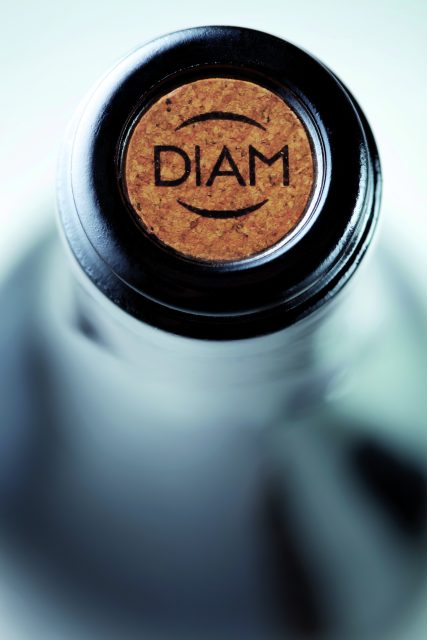TCA no longer the biggest issue facing closures firms, claims Diam
By db staff writerDiam Bouchage believes that TCA is no longer the key challenge facing closures companies, with oxygen control a far more pressing concern.

French cork producer Diam Bouchage has expanded its range to include new ‘permeability’ options, which the company believes are the future of the closures world. Created to cater for individual wines’ differing oxygen transfer requirements, the new Diam 10 and Diam 30 corks are designed for long-maturing wines, and will be available from this month.
While other cork manufacturers continue to work on reducing TCA contamination, according to Diam Bouchage it has “definitively resolved the problem of corking” following years of R&D, including collaborations with universities around the world. This extensive research led to Diam becoming the only manufacturer in the world to offer an organoleptic security solution which guarantees an absence of TCA.
The trailblazing closures firm is now turning its attention to oxygen control as its primary focus.
“Until now, we only had a single permeability option for long maturing wines – very low – which was particularly well-suited for slow ageing of the wine,” says Dimitri Tixador, director of permeability at Diam Bouchage’s R&D Division. “For wines with a simpler profile, our clients have been asking us for a cork solution with a greater O2 permeability.”
Tixador describes the product development process as “a complex task to achieve”.
Working on a new formula which offers greater permeability while keeping the same crucial mechanical characteristics over time, the company has managed to realise “a cork with a solid density, whilst also allowing for a greater oxygen permeability.”
Partner Content
This technical win is the result of more than three years of intense research and high-precision calculations regarding oxygen release through cork.
Bruno de Saizieu, vice president of sales, believes that the wine industry is staring down a major breakthrough in cork solutions:
“In the future, our clients will be able to bottle the same wine, on the same day, by using different Diam corks depending on the purpose of the bottle and the desired maturity characteristics of the wine,” he said. “Consumers will be able to order different bottles of the same wine to enjoy them at their optimum quality with different periods of maturity.”
The new permeability corks will also allow a greater aromatic intensity to be released faster from the wine whilst guaranteeing optimal and controlled ageing.
Based in the Pyrénées-Orientales region of France, Diam Bouchage is a global leader in technological corks for still and sparkling wines as well as spirits, and produces around 2.7 billion corks per year.
Related news
Should Rioja increase its focus on white wine?
The 'family spirit' behind Champagne Gardet's 130th anniversary




